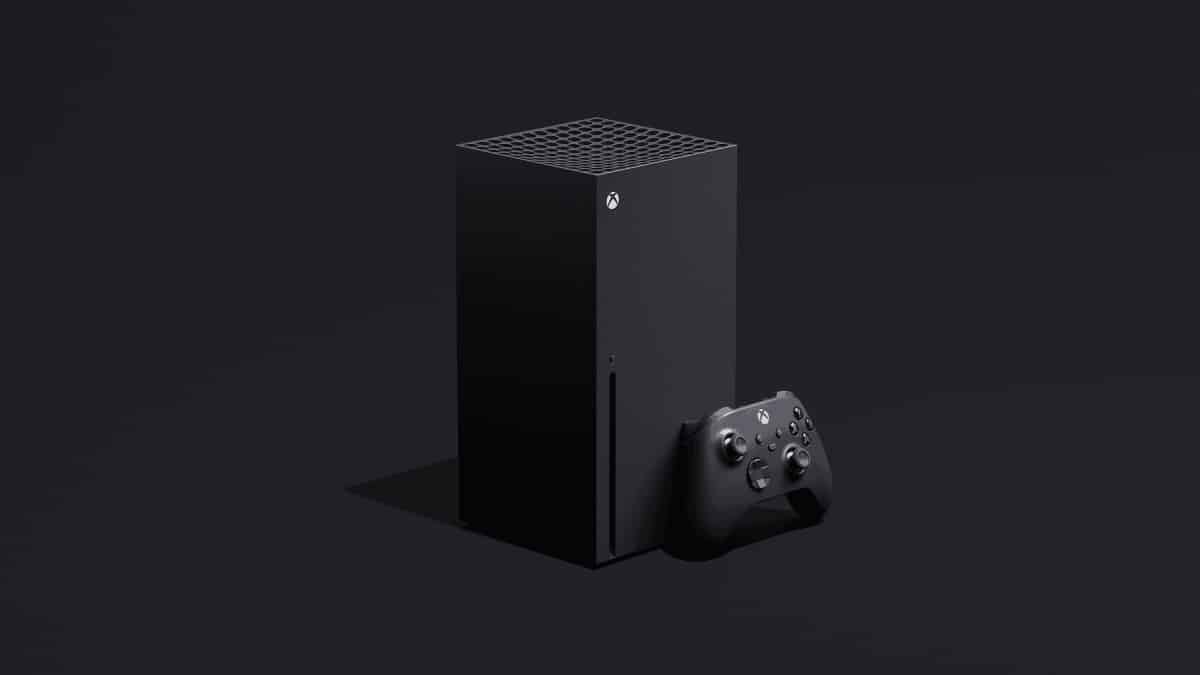The Xbox brand is enduring one of its most tumultuous periods, as it continues to grapple with declining audiences and a lack of player trust.
Of course, the second price hike to its current hardware, cancellations of major projects, and the recent price inflation of Xbox Game Pass have done little to inspire consumer confidence. This has naturally led many people to question what the future might hold for Xbox, with some doubting that they will be able to maintain their position as a major contender in the hardware sphere.
Despite this, however, Microsoft’s stock has recently grown over 2% to land at $528.57 per share, with many attributing this to both its commitment to AI growth, and confidence in its gaming strategy.
Microsoft Stock Price Grows
This question could be posited from either perspective – do these controversies really have any impact on Microsoft’s position in the gaming industry? Or, does this growth necessarily mean that these controversies won’t accumulate into something more damaging for the brand and its reputation?
It’s difficult to tell the impact of decisions such as raising the price of Game Pass, with it entirely dependent on how audiences respond. If consumer say claim ‘Xbox is dead’ but stay subscribed, the controversy hasn’t translated into a tangible cost for Microsoft, meaning that the strategy was a success.
The price hike, alongside Xbox Rewards now unable to be used on Game Pass subscriptions, has created a more adversarial relationship with players, and will likely cause some to rethink their purchases.
Despite a string of alienating decisions, the growth in Microsoft stock price suggests that the impact will only be felt short-term.
When Will the Next Xbox Come Out?
Of course, it’s important to understand that this is Microsoft’s stock price in question, meaning that their wider position as a leading tech company continues to drive growth. However, it’s been thought that the reaffirmed commitment to hardware, as opposed to solely focusing on a cloud-gaming approach (as many theorised would be the case) has helped Microsoft to create a more balanced portfolio.
Microsoft’s AI focus continues to drive success, with its positioning at the forefront of AI software integration giving many promising indications of long-term growth.
It’s difficult, at this point, to imagine what this means for the next generation of Xbox hardware.
Players have been speculating that Xbox’s recent price hikes were a subtle exit strategy, in one last attempt to squeeze consumers for all their worth before bowing out for good.
However, Microsoft released the following statement to Windows Central, reaffirming their commitment to remaining in hardware production: “We are actively investing in our future first-party consoles and devices designed, engineered and built by Xbox.
“For more details, the community can revisit our agreement announcement with AMD.”
At the moment, plenty of attention is being drawn to the ROG Xbox Ally X, Xbox’s new handheld device, but primarily due to the cost of the hardware – yet another talking financial talking point to add to the list.
Yet, with the console still unreleased, it’s unclear whether this high price tag will have much of an impact on its commercial performance. Still, with rumours abound that the PlayStation 6 could be a hybrid handheld, the release of the Ally X could prove an important litmus test for how Microsoft handles the next generation of Xbox hardware.

